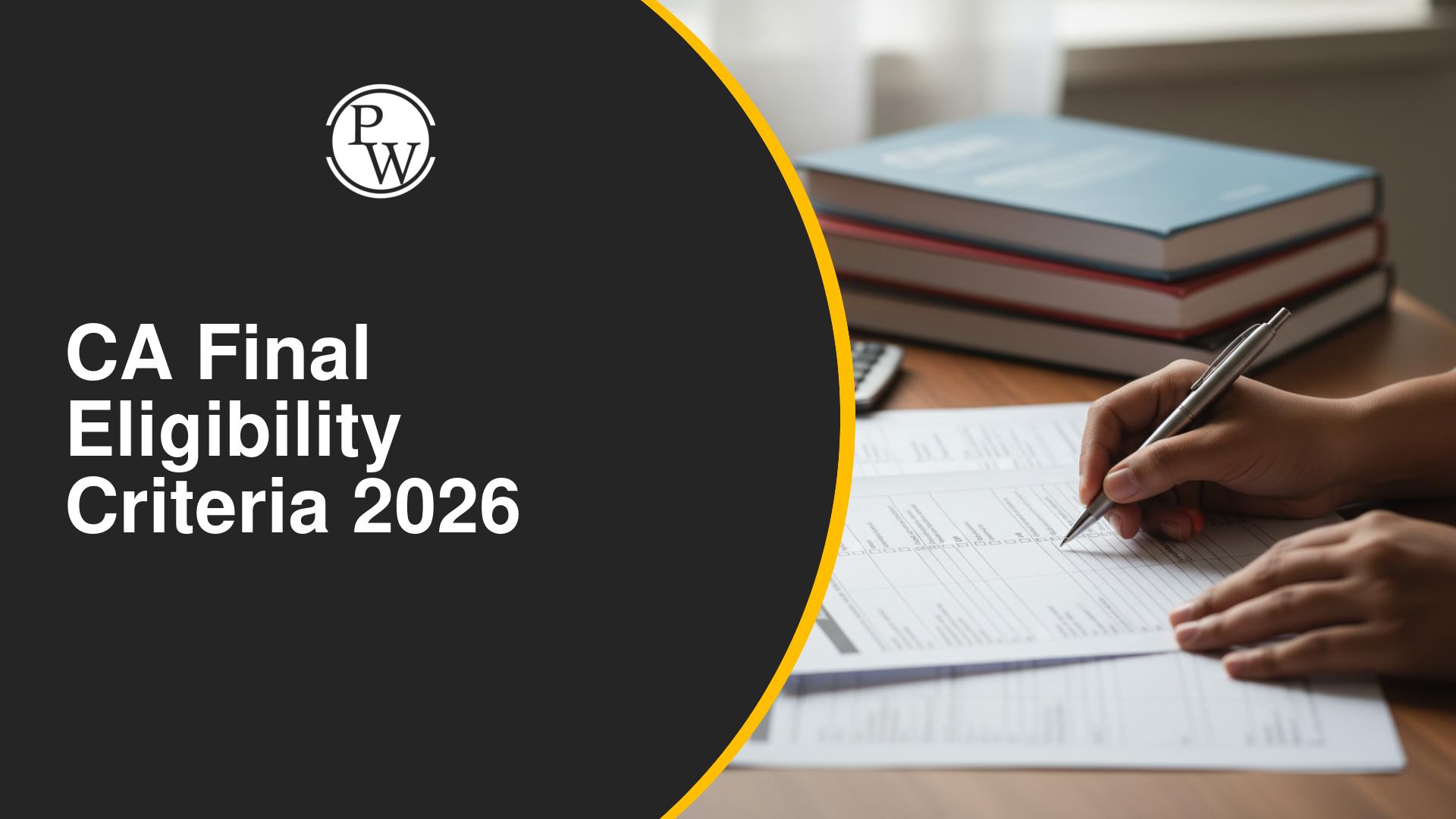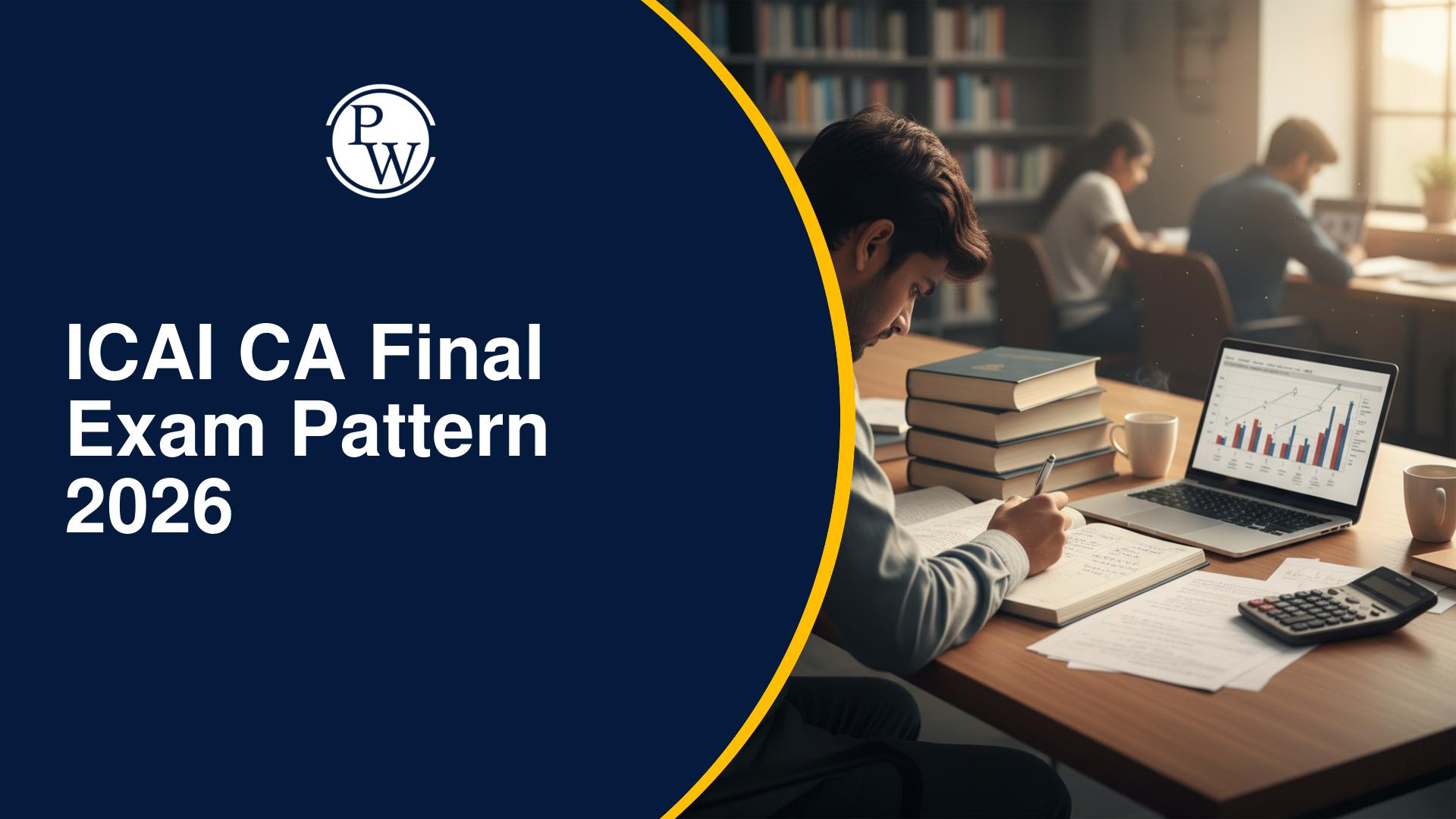
The auditing landscape in India is undergoing a significant transformation as the government contemplates revising the Companies Act to potentially mandate joint audits for major corporations. This proposal aims to enhance audit quality and address concerns related to audit responsibility when issues arise.
While this idea has garnered support from organizations like the Institute of Chartered Accountants of India (ICAI), it has faced strong opposition from large audit firms, including the Big Four (EY, PwC, Deloitte, and KPMG). In this comprehensive article, we will delve into the intricacies of this proposal, exploring its potential benefits, drawbacks, and broader implications for the corporate world.Concept of Joint Audits
A joint audit is a practice where two or more audit firms collaborate to conduct an audit of a single company and subsequently produce a consolidated audit report. The primary objective of implementing joint audits is to enhance the quality and reliability of financial reporting for large corporations.Government's Consideration
The Indian government has initiated discussions to revise the Companies Act in order to evaluate the possibility of making joint audits mandatory for major companies. This decision comes as part of a broader initiative to address issues related to audit accountability, particularly when fraudulent activities are uncovered during the audit process.Current Landscape of Joint Auditing
As of now, joint auditing is not a compulsory practice for most companies, with the exception of banks and public-sector institutions. In 2021, the Reserve Bank of India made it mandatory for financial firms with assets exceeding Rs. 15,000 crore to undergo joint audits. However, this requirement is limited to a specific sector.Concerns Raised by Large Audit Firms
One of the key challenges in implementing mandatory joint audits is the resistance from major audit firms, including the Big Four. Their primary objection centers around the financial implications of sharing audit fees with smaller audit firms. This resistance stems from concerns that such collaboration may lead to increased costs without a corresponding improvement in audit quality.Support from the Institute of ICAI on Join
In contrast to the stance of large audit firms, the ICAI has expressed support for the concept of mandatory joint audits. They believe that this approach can significantly enhance audit quality and promote transparency in financial reporting.Accountability and Fraud Prevention
One of the critical issues to address in the context of joint audits is the distribution of accountability. Some critics argue that in a joint audit scenario, auditors may attempt to shift responsibility to their co-auditors if fraudulent activities are uncovered after the fact. Thus, it is imperative to establish a robust framework for accountability within the joint audit process.Expanding the Discussion
The government recognizes the complexity of the issues surrounding joint audits. To make an informed decision, it is imperative to engage in expanded discussions with stakeholders, including audit firms, industry experts, and regulatory bodies. These discussions will serve as a platform to address concerns, assess the potential benefits, and devise a comprehensive framework for implementing joint audits.Need for Thorough Examination
Before the government can make a final decision regarding the mandatory implementation of joint audits for major corporations, it must thoroughly examine various aspects of this proposal. These aspects include: a. Accountability: Determining how accountability will be distributed among auditors in a joint audit scenario, especially when fraudulent activities are uncovered. b. Framework Development: Establishing a clear and robust framework for conducting joint audits that addresses the unique challenges and concerns of stakeholders. c. Cost-Benefit Analysis: Conducting a comprehensive cost-benefit analysis to ascertain whether the potential benefits of joint audits, such as enhanced audit quality, outweigh the associated costs. d. Industry-Specific Considerations: Evaluating whether the mandatory joint audit requirement should be tailored to specific industries or sectors, taking into account their unique characteristics and risks. e. Regulatory Oversight: Determining the role of regulatory bodies in overseeing and enforcing the implementation of joint audits.Opposition from Large Audit Companies
Large audit firms, including the Big Four, have raised valid concerns regarding the financial implications of mandatory joint audits. They argue that such a requirement would increase company expenses, potentially leading to higher costs for businesses without delivering a commensurate improvement in audit quality.Benefits of Joint Audits
Proponents of mandatory joint audits argue that there are several potential benefits to be gained from this approach: a. Enhanced Audit Quality: Collaboration between multiple audit firms can bring a diversity of expertise and perspectives, potentially leading to more thorough and rigorous audits. b. Reduced Risk of Fraud: With multiple auditors scrutinizing financial statements, the likelihood of detecting fraudulent activities may increase. c. Transparency: Mandatory joint audits can enhance transparency in financial reporting, instilling greater confidence in stakeholders. d. Reduced Concentration Risk: Relying on a single audit firm for large corporations can pose a concentration risk. Joint audits can mitigate this risk by involving multiple firms. e. Strengthened Independence: Multiple auditors can provide checks and balances, reducing the risk of undue influence or conflicts of interest. The government's proposal to reevaluate compulsory joint audits for large companies is a significant step toward enhancing transparency, accountability, and audit quality in the Indian corporate landscape. However, it is essential to strike a balance between the potential benefits of joint audits and the concerns raised by large audit firms regarding increased costs. Through thorough examination, expanded discussions with stakeholders, and the development of a robust framework, the government can make an informed decision regarding the implementation of mandatory joint audits. Ultimately, the goal is to create a more resilient and trustworthy auditing ecosystem that fosters investor confidence and supports the growth of the Indian economy.Government Reevaluate Joint Audits for Large Companies FAQs
What is a joint audit, and why is the government considering making it mandatory?
A joint audit involves multiple audit firms collaborating to audit a single company. The government is considering mandating it to enhance audit quality and address accountability concerns in major corporations.
What concerns do large audit firms have regarding mandatory joint audits?
Large audit firms, including the Big Four, have expressed opposition due to concerns about sharing audit fees with smaller firms. They argue that this may increase costs without improving audit quality.
What benefits could mandatory joint audits bring to the corporate sector?
Mandatory joint audits could enhance audit quality, reduce the risk of fraud, promote transparency, and mitigate concentration risk in large corporations. They may also strengthen auditor independence.
How will the government address accountability issues in joint audits?
The government aims to develop a robust framework to allocate accountability among auditors in joint audit scenarios, especially when fraud is discovered after the audit.
Are there alternatives to mandatory joint audits being considered?
Yes, alternative approaches such as strengthening audit committees, increasing regulatory oversight, or implementing stricter audit standards are also being explored as potential ways to enhance audit quality and transparency.
Talk to a counsellorHave doubts? Our support team will be happy to assist you!

Free Learning Resources
PW Books
Notes (Class 10-12)
PW Study Materials
Notes (Class 6-9)
Ncert Solutions
Govt Exams
Class 6th to 12th Online Courses
Govt Job Exams Courses
UPSC Coaching
Defence Exam Coaching
Gate Exam Coaching
Other Exams
Know about Physics Wallah
Physics Wallah is an Indian edtech platform that provides accessible & comprehensive learning experiences to students from Class 6th to postgraduate level. We also provide extensive NCERT solutions, sample paper, NEET, JEE Mains, BITSAT previous year papers & more such resources to students. Physics Wallah also caters to over 3.5 million registered students and over 78 lakh+ Youtube subscribers with 4.8 rating on its app.
We Stand Out because
We provide students with intensive courses with India’s qualified & experienced faculties & mentors. PW strives to make the learning experience comprehensive and accessible for students of all sections of society. We believe in empowering every single student who couldn't dream of a good career in engineering and medical field earlier.
Our Key Focus Areas
Physics Wallah's main focus is to make the learning experience as economical as possible for all students. With our affordable courses like Lakshya, Udaan and Arjuna and many others, we have been able to provide a platform for lakhs of aspirants. From providing Chemistry, Maths, Physics formula to giving e-books of eminent authors like RD Sharma, RS Aggarwal and Lakhmir Singh, PW focuses on every single student's need for preparation.
What Makes Us Different
Physics Wallah strives to develop a comprehensive pedagogical structure for students, where they get a state-of-the-art learning experience with study material and resources. Apart from catering students preparing for JEE Mains and NEET, PW also provides study material for each state board like Uttar Pradesh, Bihar, and others
Copyright © 2026 Physicswallah Limited All rights reserved.









